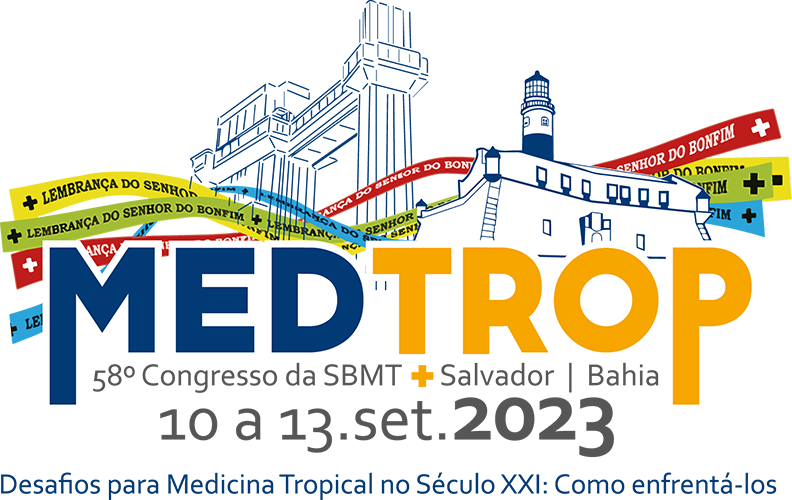Dados do Trabalho
Título
COVID-19 pandemic impacted the actions of the Schistosomiasis Control Program in Brazil: is the goal of controlling the disease by 2030 at risk?
Introdução
Especially during the first two years of the pandemic, strategies to control the spread of SARS-CoV-2 were implemented by government agencies worldwide, such as closing schools and universities, suspending events, restricting economic activities, and limiting access to public health services.3–6 As a result, vulnerable populations that already faced obstacles to access health services, especially those affected by Neglected Tropical Diseases (NTDs), were the most affected by those measures. Schistosomiasis is a severe and chronic parasitic disease caused by flatworms of the genus Schistosoma. Despite being a preventable and treatable parasitosis, it remains a serious global public health concern, with considerable morbidity and mortality in countries from Asia, Africa, and Latin America. According to WHO data, schistosomiasis affects approximately 200 million people globally and represents a threat to more than 700 million individuals living in risk areas.
Objetivo (s)
We aimed to assess the impact of the COVID-19 pandemic on Schistosomiasis Control Program (PCE) actions in all endemic states of Brazil.
Material e Métodos
Ecological, population-based study using spatial analysis and temporal trend techniques. The PCE variables assessed were the population surveyed, number of Kato-Katz tests, positive cases of schistosomiasis and percentage of cases treated with Praziquantel between 2015 and 2021. The percentage of change was calculated to verify if there was an increase or decrease in 2020 and 2021, along with time trend analyses given by Joinpoint regression model. Additionally, spatial distribution maps were elaborated, considering the % change of each Brazilian state.
Resultados e Conclusão
A significant decrease in the population surveyed in 2020 (% change: -65.38%) and 2021 (-37.94%) was observed in Brazil. Likewise, there was a proportional reduction in the number of Kato-Katz tests performed (2020 = -67.48%; 2021 = -40.52%) and a considerable decrease in the percentage of positive cases in Brazil (-71.16%; -40.5%) and in the Northeast (-69.18%; -39.89%) and Southeast (-85.06%; -53.94%) regions. More importantly, there was a reduction in the percentage of treated cases (-72.09%; -41.67%). Time trend analyses showed a decreasing trend in most PCE variables with the COVID-19 pandemic outbreak. These findings demonstrate that PCE actions were severely impacted by the COVID-19 pandemic in Brazil and PCE strategies must be urgently reviewed.
Palavras-chave
Covid-19. Schistosoma mansoni. Neglected Tropical Disease.
Área
Eixo 09 | COVID-19
Categoria
NÃO desejo concorrer ao Prêmio Jovem Pesquisador
Autores
Lucas Almeida Andrade, Wandklebson Silva da Paz, Allan Dantas dos Santos, Marco Aurélio de Oliveira Góes, Rodrigo Feliciano do Carmo, Deborah Aparecida Negrão-Corrêa, Carlos Dornels Freire de Souza, Ricardo Toshio Fujiwara, Rosália E. Santos Ramos, Welde N. Borges de Santana, Márcio Bezerra-Santos

 Português
Português English
English